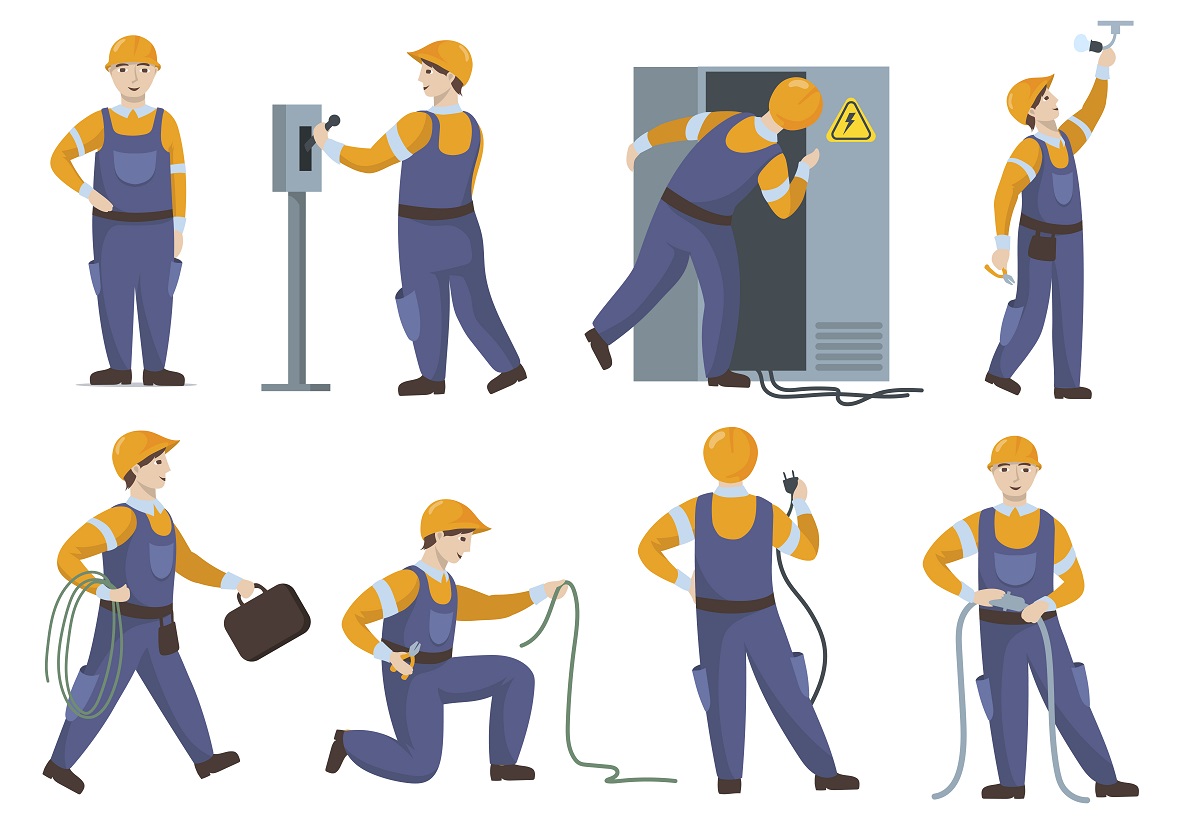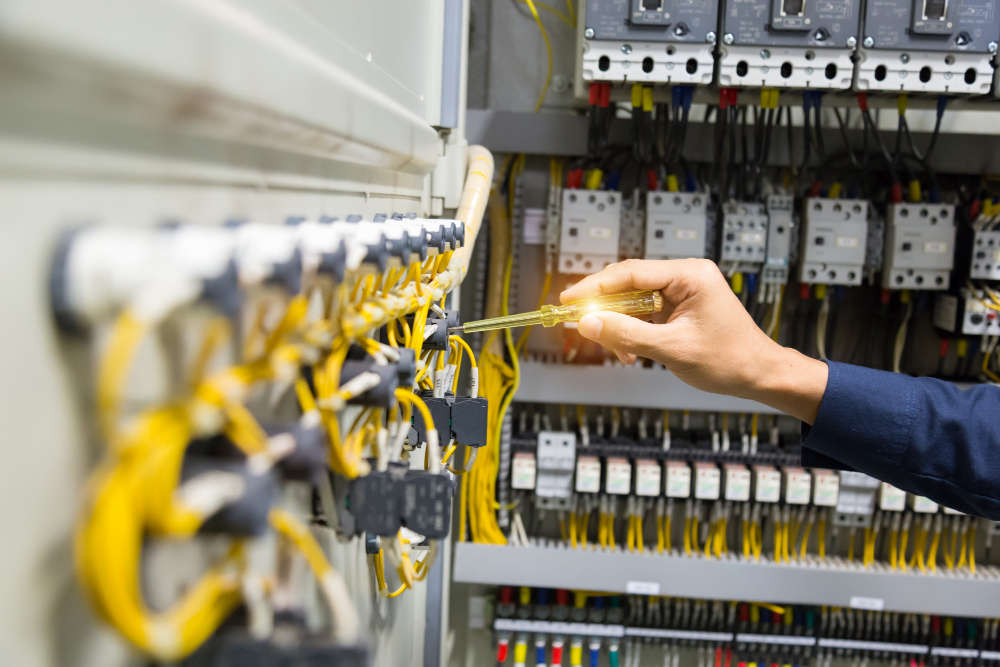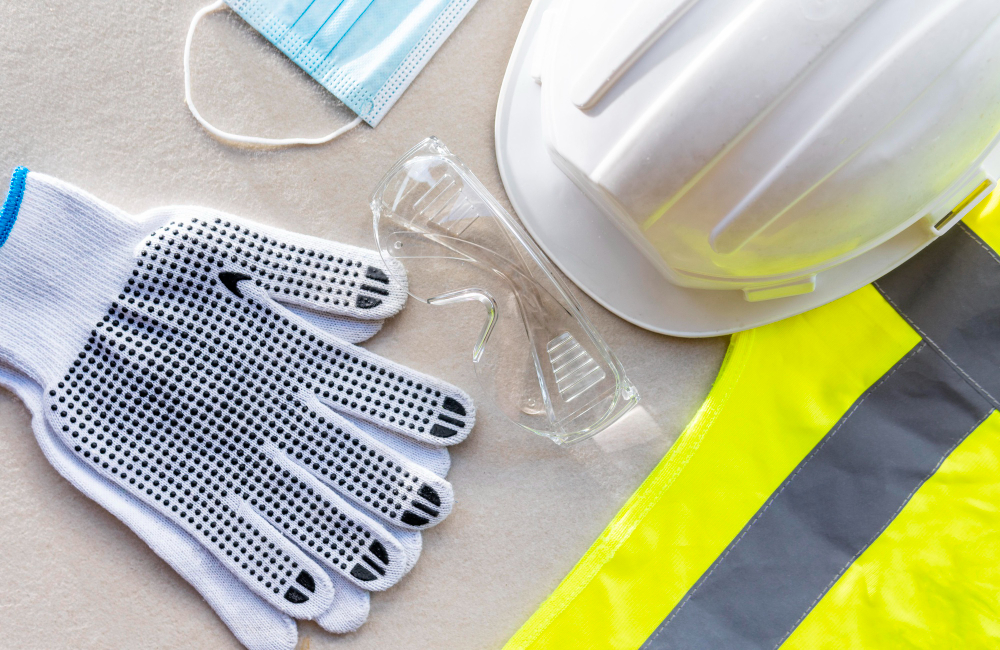
Every workplace has its safety essentials. The risks involving electricity are probably more than you think. It is a very dangerous component to work with, and you must take very serious safety measures. Over 1000 people die every year due to electric shocks. High voltage current can kill in only 2 seconds. Because of this, safety essentials are very important for electrical components. Books like the National Electrical Code 2020 can detail required safety measures.
SAFETY ESSENTIALS STUDY:
First, study electric safety handbooks written by professional or knowledgeable writers. These people have the necessary experience with electric components. They will help you get a good foundation to start with. Handbooks like National Electrical Safety Code and NFPA 70E Standard for Electrical Safety in the Workplace are good starting places.

WORKING WITH EXPERIENCED PEOPLE:
Experience matters in this type of work. It is better to start with an experienced team or person to work with. Someone with experience can teach you tips and tricks missing from books or studies. It is important to have a great deal of professional experience before attempting to teach others. Keep in mind that one tiny mistake can cost someone their life.
15 MAJOR SAFETY ESSENTIALS:
- The most critical safety essential when working with electrical components is to stay away from water. Water is an excellent conductor of electricity. You should always stay away from tools or wires soaked in water or the components on which water is dripping.
- Frayed wires are a common danger. Plastic is used to insulate wires since it doesn't allow any current to pass through. Wires can still get damaged in shifting or installation. You have to make sure that before you start working or plugging in the wires. The wires must completely intact and not frayed. If you accidentally touch a frayed wire, you can get a shock.
- Before starting work, make sure that you switch off the main power. Anyone working with you can touch the other end of the wire. This is especially essential when you are in your home. If there are children in your home, they don't know about the danger. A small mistake can create a life or death situation.
- Using tools is a major part of work, and every tool has its significance. It is important to be sure to insulate tools used for electrical work. Both rubber and plastic are used to insulate both wires and tools used for cutting them. When you cut the wires, you are at greater risk if you don't have insulated tools.
- Make sure to use safety equipment like rubber gloves and goggles when working on an electrical circuit.

- Electrical hazards include exposed energized parts and unguarded electrical equipment. These may become energized without warning. Such equipment always carries warning signs like "Shock Risk."
- Never try repairing energized equipment. Always check that it is de-energized first by using a tester. When an electric tester touches a live or hot wire, the bulb inside the tester lights up. This shows that an electrical current flows through the tested wire. Check all the wires and the outer metallic covering of the service panel. Test any hanging wires with an electrical tester before proceeding with your work.
- Never use an aluminum or steel ladder when performing electrical work. If there is an electrical surge, and the whole electric current will pass through your body. Use wooden ladders.
- Always know the current electrical code in your area. The 2020 National Electrical Code is the latest edition.
- Check your ground-fault circuit interrupters on a regular basis to ensure there aren't any frayed wires. GFCI's are required in all damp or wet locations including bathrooms, kitchens, or swimming pools.
- Always use a circuit breaker or fuse with the appropriate current rating. Circuit breakers and fuses are protection devices that automatically disconnect the live wire when a short circuit or overcurrent condition occurs.
- Working outside with underground cabling can be dangerous. Be sure to observe required safety procedures.
- Always put a cap on the hot/live wire while working on an electric board or service panel. Without a cap, you could end up short-circuiting the bare ends of the live wire with the neutral. The cap also insulates the cable's copper ends, preventing any shock even if touched by accident.
- Be very careful while taking out capacitors from circuits. Capacitors store energy, which can become a major shock if it is not discharged in an appropriate manner. Some capacitors with low voltage, like 12v or 9v, are not dangerous.
- Always take care while soldering circuit boards. Wear goggles and keep away from the fumes. Also, keep the soldering iron in its stand when not in use; the high heat can cause severe burns.
DO'S AND DON'TS:
Be careful to connect the right wires. Connecting the wrong wires will cause a power surge or even into an explosion. First, read about the connectivity of wires. Second, don't touch frayed wires without gloves; you can touch the wires without gloves if you first turn off the main power. Third, don't enter water surfaces with energized wires. Finally, if you see sparks from a circuit, don't leave it unattended. Turn off the main power right away and fix it because it can start a fire.


